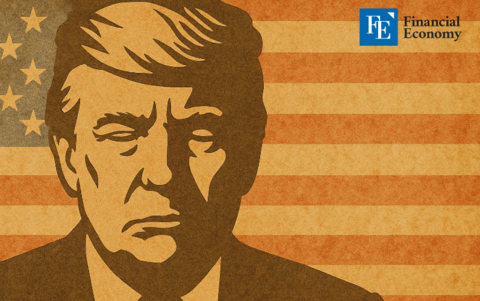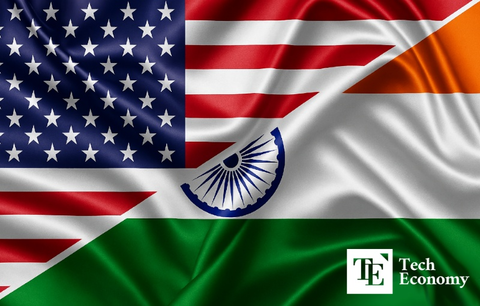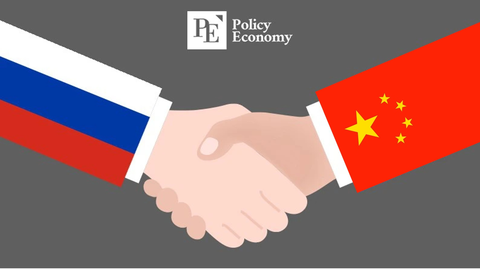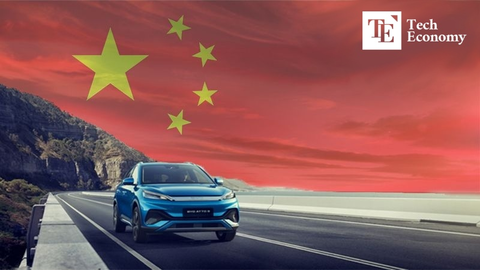“No Physical Limits, No Scandals” AI Influencers Shake Up the Content Market
Input
Changed
Opportunities for individuals and corporate brands Breaking into the advertising sector with high profitability Associated industry value projected at $250 billion

Artificial intelligence (AI)-driven “virtual influencers” are rapidly proliferating across global social media platforms and the marketing industry. Some AI influencers have already secured starring roles in high-profile advertising campaigns for internationally renowned companies.
Perfect AI Models Driven by Technological Advances
On September 1 (local time), the Financial Times published an analysis titled “The Rise of AI Influencers,” estimating that the value of industries tied to AI influencers has already reached $250 billion, as AI tools churn out virtual personas and digital twins modeled after real celebrities at unprecedented speed.
A prime example is global AI influencer Mia Zelu, who has attracted over 150,000 Instagram followers. The FT noted that corporate brands are embracing AI influencers because they enable cheaper, immediate marketing while offering absolute control, eliminating the risk of human celebrities embroiling themselves in scandals.
U.S. media startup Synthesia emphasized that the democratization of sophisticated, studio-quality AI content has allowed even small brands with modest budgets to participate, calling AI influencers “the great equalizer.” In a related move, global apparel giant H&M this year unveiled a digital twin model—developed with human model consent—designed for use in social media campaigns. Fashion house Hugo Boss also partnered with “Imma,” a virtual influencer boasting half a million followers.

Samsung’s Virtual Influencer SAM Promotes Galaxy
Samsung Electronics has also joined the trend, leveraging its virtual influencer SAM, trademarked in March 2022, in diverse promotional activities. Last spring, SAM debuted the track Simple, Ahssi at major Latin American music festivals, a campaign that significantly boosted brand recognition among younger audiences. The song spotlighted features of the new Galaxy S series, including Galaxy AI integration, photo assistance, real-time translation, and Google Circle to Search.
Samsung also released the choreography for Simple, Ahssi on platforms like Instagram and TikTok, sparking brand engagement through viral short-form content. This reflected the wider phenomenon of TikTok memes sweeping across Generation Z in North America, Europe, and beyond.
SAM, created through a collaboration between Brazil-based graphic studio Lightfarm and Samsung’s advertising affiliate Cheil Worldwide, was initially developed as a female AI persona for online training sessions during the pandemic. However, once discovered by social media users, SAM’s popularity skyrocketed. Arthur Wong, head of marketing for Samsung Latin America, stated: “Samsung wants authentic engagement with younger generations. We aim to transcend digital and physical barriers while offering customers unique experiences.”
Simultaneous Presence Across Platforms
Industry experts predict the rise of AI influencers will radically reshape the content market within a few years. Their core advantage is the ability to remain active around the clock. Unlike human influencers, who face physical limits, AI personas can continuously generate content and engage with fans. Moreover, AI influencers can operate across multiple platforms simultaneously, greatly expanding their potential global reach.
Supporting this shift, AI character generation technology is advancing rapidly. U.S. startup Hedra recently unveiled its “Character-3” model, which generates five-minute videos based on user-defined dialogue and traits. CEO Michael Lingelbach noted that the company is pursuing technology for fully automated character creation, optimized for AI influencers. Meanwhile, Google introduced its Veo 3 video-generation AI model, which enables the creation of virtual characters with synchronized voice capabilities.
In Spain, “digital humans” are emerging as AI influencers at remarkable speed. Aitana, a 25-year-old Barcelona-based AI influencer, is generating monthly income exceeding $15,000, exemplifying how virtual personas can wield real-world influence without human involvement. Aitana was developed by Rubén Cruz, designer and founder of model agency The Clueless, who turned to AI after multiple advertising projects collapsed due to issues with human models and influencers. “I realized that many projects were being postponed or canceled because of factors outside our control,” Cruz explained. “Often, the problem was not with the design itself but with the models and influencers.”






















Comment